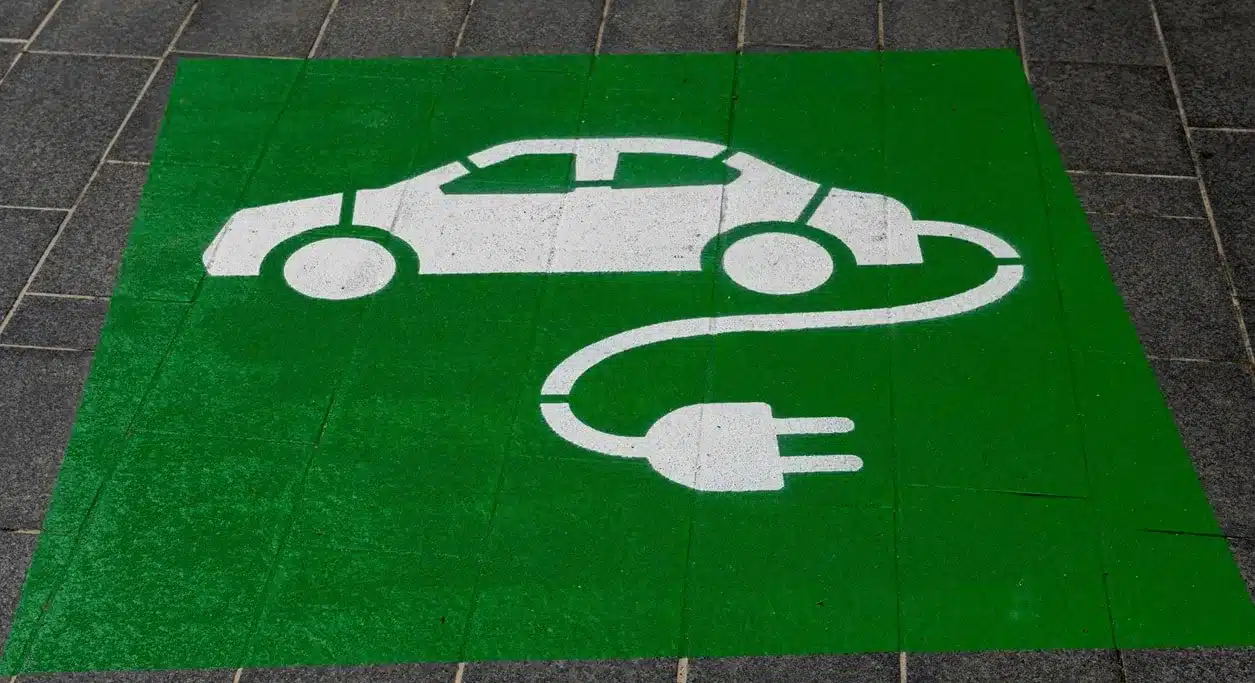Operators holding nearly 80% of all the rapid charging points for electric cars in Poland have endorsed an open letter from the Polish Alternative Fuels Association (PSNM) to the Polish government. The industry is willing to assist the central administration in the process of transforming Polish transport and economics towards zero emissions. Signatories of the letter underline the need for a number of systemic changes, with priority given to regulations in the connection area.
The open letter to the central administration, addressed to Prime Minister Donald Tusk and ministers responsible for respective areas related to the e-mobility market: Climate and Environment Minister Paulina Hennig-Kloska, Infrastructure Minister Dariusz Klimczak, and Development and Technology Minister Krzysztof Paszyk, was signed by leading operators of publicly available charging infrastructure in Poland. These include companies such as Allego, Anwim, BP, Budimex Mobility, Ekoen, Eleport, Elocity, E.ON Drive Infrastructure (EDRI) Poland, Go+EAuto, GreenWay Polska, IONITY, ORLEN, Polenergia eMobility, Powerdot, and Shell. As of the end of June 2024, these companies managed around 1,600 fast charging points (DC) in Poland.
“Thanks to efforts and significant investments from the industry, an increasing number of publicly available charging points are being built in Poland. In the first half of 2024, approximately 1,300 were added, which is 80% more than in the first half of 2022. Despite this, Poland is still very far from meeting the EU requirements stemming from the AFIR regulation. This is a consequence of numerous regulatory system barriers. Unless they are removed, it is almost certain that we will not be able to meet AFIR objectives on time,” says Aleksander Rajch, a member of the PSNM board.
According to the PSNM, the development of e-mobility in Poland is very slow. One reason is the country’s compliance with the AFIR (Alternative Fuels Infrastructure Regulation), which applies from 13 April 2024. AFIR imposes very ambitious, legally binding obligations on all EU member states. One of them is the necessity to adjust the total power of the charging stations to the number of registered electric cars. The regulation also requires the placement of high-power charging zones intended for passenger cars and trucks along the TEN-T network.
The letter puts emphasis on the need to develop the charging infrastructure. Jan Wisniewski, director of PSNM’s Research and Analysis Center, says: “The main obstacles preventing the expansion of charging stations at a pace adequate to the deadlines set in AFIR are regulatory and systemic in nature. PSNM identified these barriers in the ‘White Paper on New Mobility’, which includes over 120 postulates for specific legislative changes.”
The industry also underlines that acceleration of the development of the charging infrastructure and consequently the development of new mobility means not only a challenge for Poland, but also a historical opportunity in the climate, social and economic dimensions.
Source: https://managerplus.pl/przylacza-energetyczne-priorytetem-rozwoju-nowej-mobilnosci-w-polsce-22879
